Civil Society’s Collaboration in Developing a National Strategy against Organized Crime in Pakistan

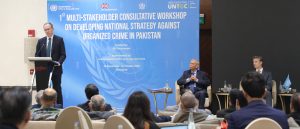
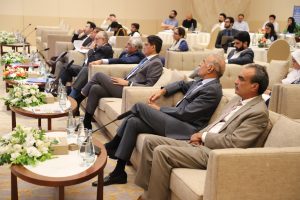
Organized crime has long posed a complex challenge to Pakistan’s governance, stability and citizen security. Networks engaged in human trafficking, the illicit drug trade, cybercrime and other forms of national and transnational criminality exploit gaps in coordination, legal frameworks and enforcement capacity. These activities erode trust in institutions and inflict lasting harm on vulnerable communities.
In recognition of these threats, the Government of Pakistan, the British High Commission (BHC) and UNODC came together to convene the first Multi-Stakeholder Consultative Workshop on the National Strategy against Organized Crime on 30 September–1 October 2025 in Islamabad.
Senior officials from the Ministry of Interior, Anti-Money Laundering Authority, Anti-Narcotics Force, Federal Investigation Agency, National Accountability Bureau, National Cyber Crime Investigation Agency and Federal Board of Revenue worked side by side with provincial law enforcement leaders, civil society, academia and technical experts. The sessions drew on the UNODC Organized Crime Strategy Toolkit, a resource tailored to help Member States analyze crime drivers, identify institutional gaps, and design comprehensive responses rooted in human rights and gender sensitivity.
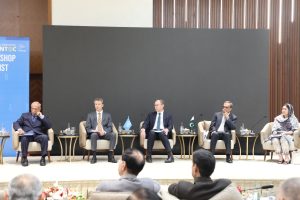

The workshop discussions highlighted how organized crime is no longer a localized problem but part of a wider transnational web. Participants examined vulnerabilities created by economic pressures, corruption, technology misuse and fragmented institutional responses. Breakout sessions focused on the four pillars of a national strategy, Prevent, Pursue, Protect and Promote, translating analysis into actionable priorities.
What stood out was the spirit of collaboration. Civil Society Alliance of NGOs and national experts under UNTOC Review Mechanism played an active role. Senior representatives from the Government of Pakistan emphasized the need for a whole-of-government approach, while British High Commission officials underlined the UK’s commitment to supporting Pakistan in addressing shared threats that have both domestic and international dimensions. “This strategic partnership between the Government of Pakistan, the UK Government and UNODC represents a shared commitment to building resilience against these threats, ensuring that Pakistan’s citizens are safer and their rights better protected,” said Troels Vester, UNODC Country Representative in Pakistan.
The sessions also reinforced the importance of mainstreaming human rights safeguards. Delegates emphasized that efforts to dismantle criminal networks must prioritize the protection of victims of trafficking, children at risk of exploitation, and communities vulnerable to drug-related harm. Equally, women’s voices and gender perspectives must shape strategy design to ensure inclusive and effective outcomes.
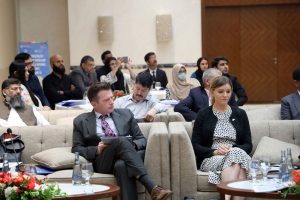
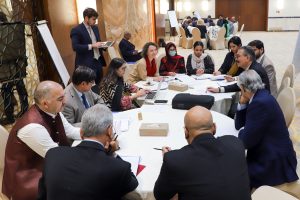
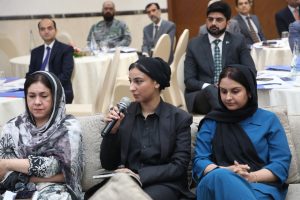
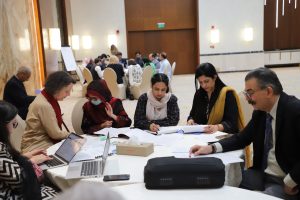
By the end of the two-day consultation, there was strong consensus on strengthening legislative frameworks, inter-agency intelligence sharing, and specialized training in cyber and financial investigations. Participants also highlighted the importance of robust monitoring systems to track progress and accountability. This workshop demonstrated that when institutions, partners and citizens come together, solutions can be found that strengthen resilience and secure justice.
The workshop’s outcomes will inform the work of the Government’s Technical Working Group tasked with drafting the national strategy. With the support from the UK Government and UNODC in delivering technical guidance to support Pakistan is moving closer to adopting a policy framework that can disrupt criminal economies, protect vulnerable communities, and reinforce trust in state institutions.

